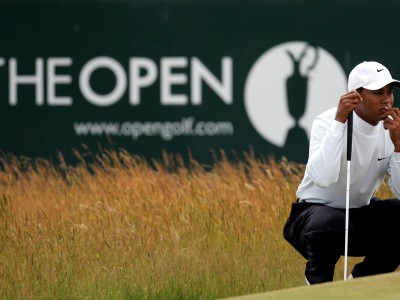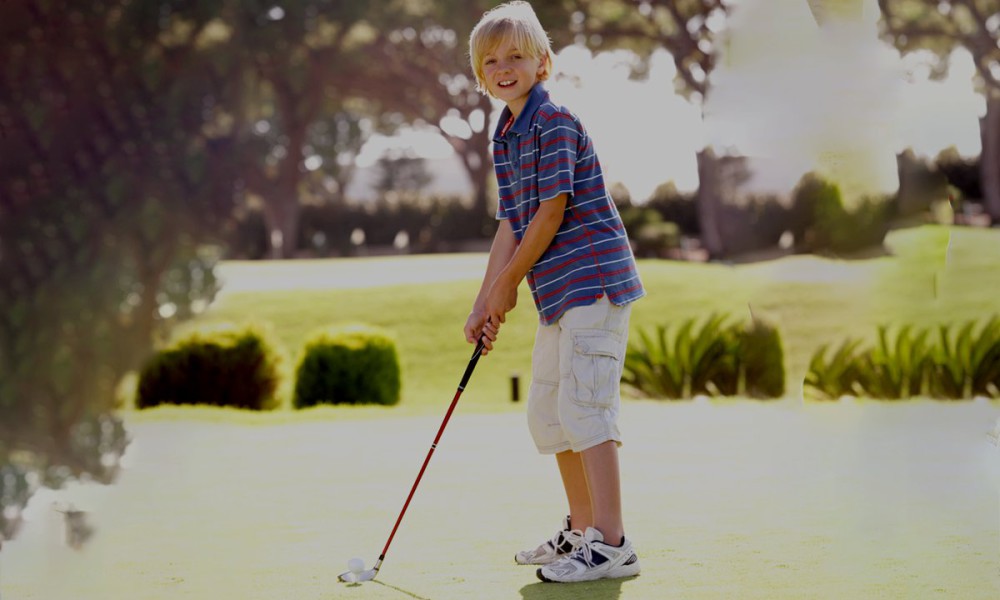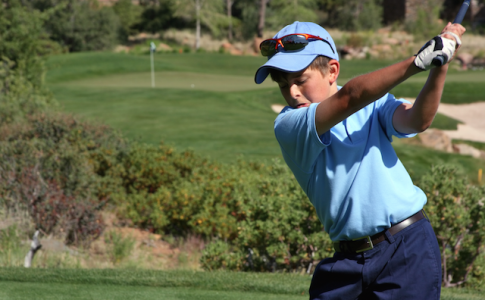If you want to grow a champion as a coach and a parent at the same time, you should stop being a parent who often shows off power and control over the children. Such parents assume that they know best what their children need. Often, they have the tendency to force their own ideas without asking their children about their own views or opinions. A coach is, however, a person who helps others achieve their potential by helping them realise themselves, develop a sense of responsibility for their own actions, change undesirable behaviour, determine and identify goals and overcome any obstacles that prevent them from achieving these goals.
If you manage to combine both roles and become a parent and coach in one person, you can give your children the key to immensely valuable skills that will help them become happier and more successful people. So, how to achieve this?
Be curious
Think back for a moment to the time when you were a child. How did you feel on the eve of your birthday? Maybe you saw your parents hiding some boxes from you. You might have though that they were some presents for you. Maybe you did not see any boxes but still you suspected that presents would be hidden somewhere. You tried to trace them, searched the cupboards, looked under the bed and looked for them in all possible and impossible places.
In the morning you woke up a little earlier than usual, you felt excited and looked forward to what was to come. While your family wished you all the best or even sang a birthday song you were most interested in what was in the boxes, which you got from your close relatives. Firstly, you chose the biggest box, weighed it in your hand, shook it … The boldest ideas of what was inside went through your mind. You started unwrapping the presents and curiosity permeated every cell of your body.
And that is exactly what you will need when developing your children – when unwrapping their talents, possibilities and opportunities. The more curious you are, the more successful you will become in understanding others. The more you watch and listen to others, the less likely you are to judge them. And finally – the more observant you are, the more you discover.
Ask a lot of questions
A lot of parents go the opposite way. Then, however, parents may create an incorrect assumption about how their children feel, what they want and what is good for them without even speaking with the children. When it comes to our children, we are not often aware of it, but when listening to other parents we might not like what we hear. How many times have you heard parents talk to their children in a way that is completely different to the way they speak with other people? They are more directive and more demanding in their requirements. And how many times have you found yourself behaving like this?
The reason we do it might lie in the fact that we are worried about our children and care about them. Sometimes we simply misinterpret their behaviour or mistakenly judge their feelings. It is much more effective to ask our children for their opinion before presenting our own view to them. Just use a few simple questions, such as: What do you think about it? What could you do with it? What do you want to achieve?
The coach is, most of all, an attentive listener who is able to clearly see the behaviour and reactions of the coached person. The coach does not evaluate, but can provide descriptive feedback. The coach is curious and can ask well-targeted questions. These are all basic skills, which you as a coach of your child, must have.
Listener, mirror and detective
Being an attentive listener, however, does not mean just to hear the content of words, but also recognise the tone of words uttered by the trainees. What is being communicated is also hidden in your child’s body language and the energy used during the communication. Language patterns can be revealed in the words and indicate a conviction about limits, of which a child is unaware. An attentive listener can ask questions that will help the trainee to realise the internal thought processes, and thus the true meaning and power of his or her words.
The coach also represents their student’s mirror and conveys an image or description of the situation but always without emotions and own interpretations. The best feedback is the one that helps you realise your own behaviour or reactions. We do not have the opportunity to change the behaviour pattern that is beyond the reach of our awareness. Awareness, however, provides us with options, which represent the first steps to change.
The ability to ask good questions is a powerful and crucial skill not only for the legendary detective, Sherlock Holmes, but also for a coach. But no one ever taught us how to ask good questions. Sometimes a single question asked at the right time can directly solve the trainee’s problem. Questions are the key that unlocks the door to the possibilities of solutions, which then lead to the fulfilment of goals.
You have probably experienced a situation in your life when you have solved a problem and shared it with someone close to you – maybe with a friend who cares about you and wants the best for you. You start talking about what is troubling you and a friend will begin to offer possible solutions. Unfortunately, neither of them seems to be the right one. Often, when you are mired in a problem, it is hard to imagine what you actually want instead of the current unsatisfactory situation. It would be ideal if your friend helped you clarify what you really want to happen. When you get an idea about wanting an outcome, it will be easier for you to determine the action steps that will lead to the target state. How simple. And coaching works exactly on such principles.
The basic framework of coaching
Present – Action – Future
Present is a description of the current situation or problem that is faced by a coached person.
Future is the result wished by a coached person, not a coach.
Action represents the steps that need to be done in order to achieve the coached person’s goals.
Thanks to right coaching your children will be able to:
- understand themselves, their behaviour and reactions
- perceive the connections
- take responsibility for their own actions and events in their life
- identify their own goals and find ways to achieve them
- acquire real confidence
- effectively solve problems and overcome obstacles
- successfully build and develop relationships
- understand how to learn effectively










No comments